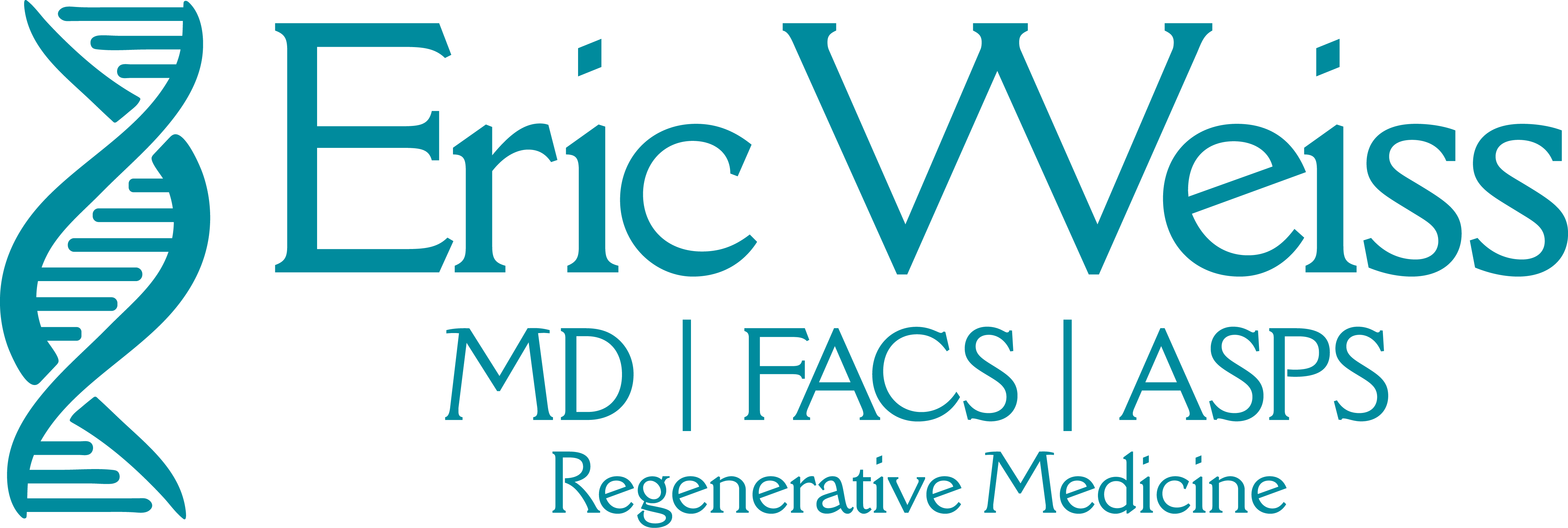Frequently Asked Questions About Stem Cell Therapy
Considering stem cell treatment can bring up many questions. Here, Dr. Eric Weiss and the team at North Florida Stem Cells provide clear, informative answers to help you feel confident and well-informed about your care options. If you don’t see your question answered here, please reach out—we’re always happy to help.
How long will treatment take?
The entire process is relatively quick and straightforward. The IV infusion of umbilical cord blood stem cells typically takes about 30 to 45 minutes. Patients are observed briefly afterward to ensure they are stable and comfortable.
How is the cord blood given?
The stem cells are delivered through a simple intravenous (IV) infusion. This method allows the cells to circulate throughout the body and target areas of inflammation or injury. The cord blood is shipped frozen from a trusted FDA-compliant facility, and arrives on dry ice. It is carefully thawed and infused within minutes to ensure maximum cell viability. Because it is a transplant of living tissue, strict handling and timing protocols are followed.
What is the procedure like?
The stem cell infusion is a straightforward outpatient procedure that typically takes about one hour. Once the IV line is securely placed, a saline solution is administered while the umbilical cord stem cells are gently brought to room temperature — a process that takes a few minutes. The stem cells are then administered through the IV in a single infusion. For certain conditions, such as arthritis, direct joint injections may also be an option, which can be discussed with Dr. Weiss.
For pediatric patients or others who may be anxious about the IV placement, sedation is available at no additional cost. The most commonly used medications are Ketamine and/or Versed (Midazolam), administered via a quick intramuscular injection. These medications have excellent safety profiles and provide both sedative and amnestic effects, helping make the experience smoother and less distressing for children and families alike. Dr. Weiss will discuss all options with you during your consultation to ensure your child’s comfort and safety throughout the process.
Are there any side effects?
Most patients tolerate stem cell treatment very well. According to current data, approximately 97% of patients experience no adverse reactions. A small percentage may experience mild, temporary side effects such as headache, fatigue, rash, low-grade fever, upset stomach, flu-like symptoms, or minor discomfort at the injection site. In a small percentage of children with autism, a temporary increase in hyperactivity or transient aggressive behavior may occur following treatment. This typically resolves within 2 to 12 weeks, returning to baseline—and in most cases, leading to noticeable improvement beyond the initial behavior. Dr. Weiss and his team will monitor you closely to ensure safety and comfort throughout the process.
How long until I will notice a change in my typical symptoms?
Many patients begin to experience noticeable improvements within 10 to 14 days following treatment. In many cases, the benefits continue to build gradually over the following weeks to months, as the stem cells continue their regenerative and anti-inflammatory effects within the body. It’s important to note that individual results can vary, and Dr. Weiss will discuss expected outcomes based on your specific diagnosis and treatment goals.
How long until I will need another treatment?
The timing and need for additional treatment varies depending on your specific condition, the severity of symptoms, and your individual response to the initial infusion. Some patients may experience lasting benefits after just one treatment, while others—particularly those with chronic or progressive conditions—may require a series of treatments spaced out over time for optimal results. During your consultation, Dr. Weiss will evaluate your medical history and therapeutic goals to help determine the best course of action.
Are there any medications I need to stop prior to infusion? Any to avoid post-op as well?
Yes, certain medications can interfere with the effectiveness of stem cell therapy and should be paused before treatment. Patients are advised to stop taking non-steroidal anti-inflammatory drugs (NSAIDs)—such as ibuprofen, naproxen, or aspirin—at least one week prior to the infusion, as these medications can suppress the body’s natural healing and inflammatory response that stem cells rely on to function optimally.
Additionally, steroid medications (such as prednisone) and arthritis medications (DMARDs) like Enbrel, Humira, or similar agents should be discontinued at least two weeks before treatment, unless otherwise directed by your physician. These drugs can impair immune signaling and reduce the therapeutic activity of the infused stem cells.
After the infusion, it’s important to continue avoiding these same medications for a period of time—two to four weeks—so that the stem cells can integrate, migrate, and begin their regenerative work without interference. Please consult with Dr. Weiss prior to treatment for specific medication guidelines based on your condition and current prescriptions.
Who cannot receive stem cells?
Stem cell treatment is not recommended for individuals with active cancer or infections. These conditions can interfere with the safety and effectiveness of the therapy
Can I continue to engage in normal daily activities after treatment?
Yes, you can resume normal daily activities shortly after treatment. We encourage maintaining an active lifestyle, including regular exercise and therapy.
Can I use my own banked umbilical cord stem cells?
Many parents ask if they can use the cord blood or tissue they personally banked at birth for their child’s treatment. While this is your own stored biological material, unfortunately, we are currently unable to use banked umbilical cord blood or tissue for stem cell therapy.
Most private cord blood banks will not release stored cells for conditions like autism, as this use is not FDA-approved. For safety and compliance reasons, our treatments must use stem cells from FDA-regulated, rigorously screened donor sources.
We understand how important this option may be to families, and we will continue to monitor regulatory developments. If it becomes feasible and safe to use banked cells in the future, we will do our best to make it available.
